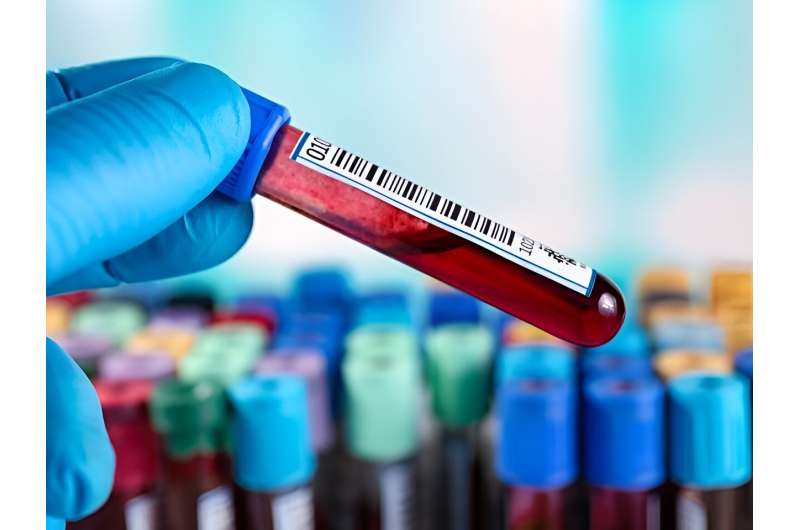Blood
Multicancer early detection blood tests are feasible, study suggests
Multicancer early detection (MCED) blood tests are feasible for detecting cancer, according to a study published online Oct. 5 in The Lancet.
Deb Schrag, M.D., from the Memorial Sloan Kettering Cancer Center in New York City, and colleagues conducted a prospective cohort study to examine the feasibility of MCED testing for cancer screening in a convenience sample of adults aged 50 years or older without signs or symptoms of cancer. A total of 6,662 participants were recruited between Dec. 12, 2019, and Dec. 4, 2020; 6,621 had analyzable results.
The researchers detected a cancer signal in 1.4% of participants with analyzable results. Of these, 38% were diagnosed with cancer (true positives) and 62% had no cancer diagnosis (false positives). The median time to diagnostic resolution was 79 days: 57 and 162 days in true-positive and false-positive participants, respectively.
Most of the participants had laboratory tests (79 and 88% with true-positive and false-positive results, respectively) and imaging (91 and 93%, respectively). In participants with false-positive results, fewer procedures were conducted than in those with true-positive results (30 versus 82%).
“Although this study establishes clinical feasibility of MCED testing, forthcoming results of larger studies will be required to show clinical utility and effects on cancer mortality,” the authors write.
More information:
Deb Schrag et al, Blood-based tests for multicancer early detection (PATHFINDER): a prospective cohort study, The Lancet (2023). DOI: 10.1016/S0140-6736(23)01700-2
Copyright © 2023 HealthDay. All rights reserved.
Citation:
Multicancer early detection blood tests are feasible, study suggests (2023, October 9)
retrieved 9 October 2023
from https://medicalxpress.com/news/2023-10-multicancer-early-blood-feasible.html
This document is subject to copyright. Apart from any fair dealing for the purpose of private study or research, no
part may be reproduced without the written permission. The content is provided for information purposes only.

